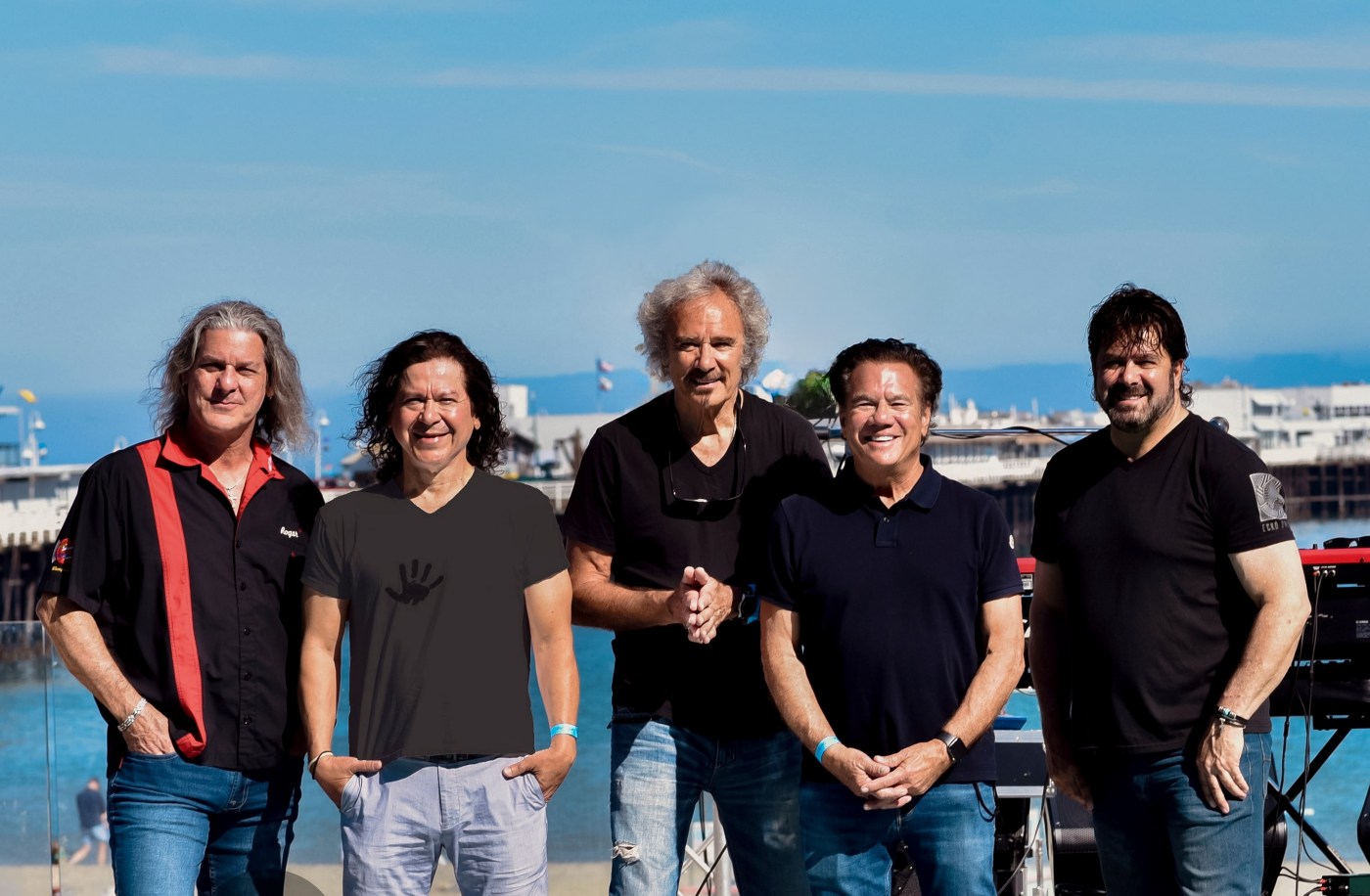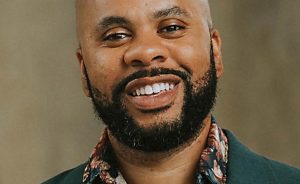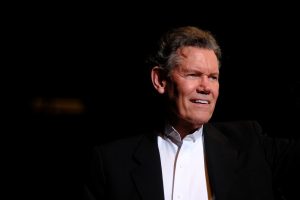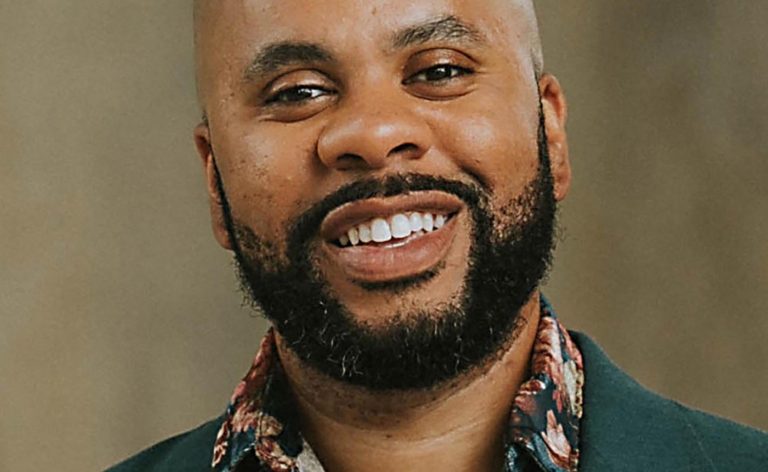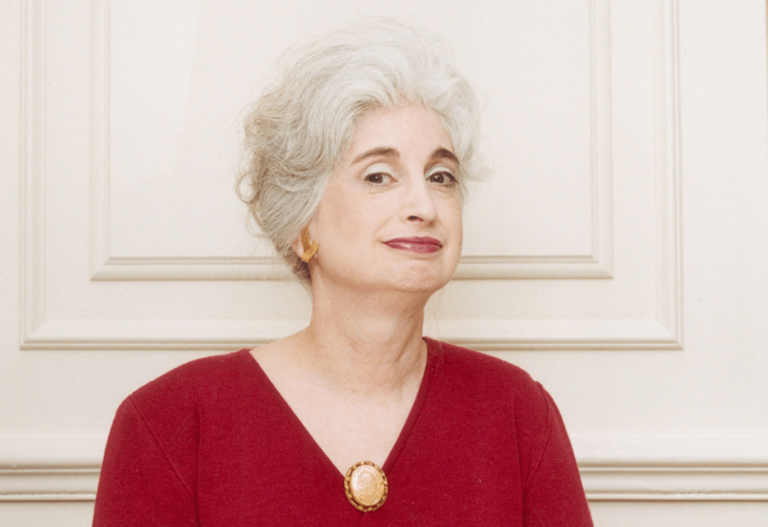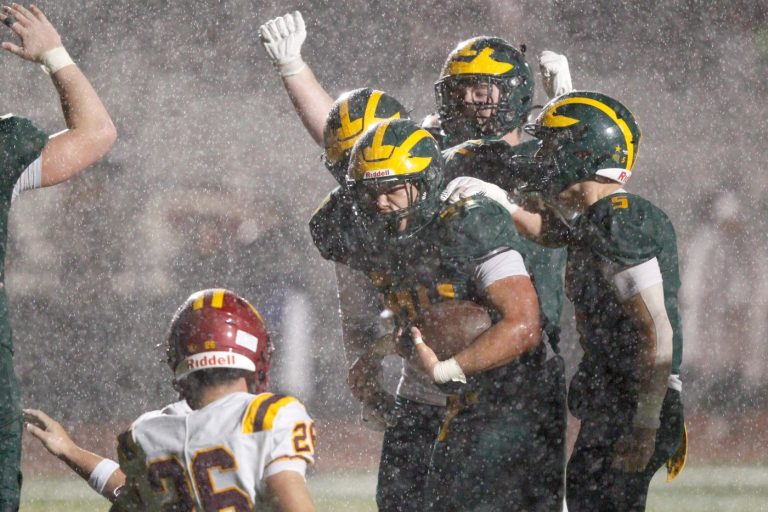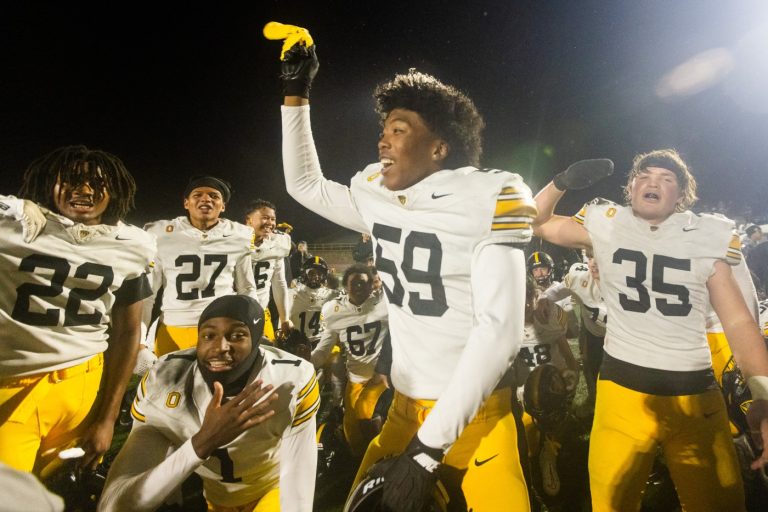So many acts are claiming the yacht rock badge of honor in 2024, as fans of all ages embrace (or re-embrace) those pristine soft rock hits of yesteryear through Sirius/XM and other decidedly modern avenues.
For Bay Area band Pablo Cruise, however, the connection to the genre has been longer — and mote literal — than for most.
“Our headquarters was an 82-foot schooner in the Corinthian Yacht Club in Tiburon,” says Cory Lerios, who co-founded Pablo Cruise in 1973. “So, we were definitely yacht rockers back before yacht rock was a term.”
From that base, the band has delivered some defining gems in what is now known as the yacht rock genre, which celebrates the smooth a.m. radio staples of the ‘70s and early ‘80s delivered by such artists as Toto, Nicollette Larson, Poco and the Little River Band.
Most notably, Pablo Cruise was responsible for the meticulously produced soft-rock numbers “Whatcha Gonna Do?” and “Love Will Find a Way,” both of which were Top 10 hits and rank as first-tier yacht rock staples.
Those two songs — which sound as good today as they did when they first came out in the late ‘70s — are two of the biggest reasons why fans will turn out to see Pablo Cruise when it performs May 9 at the Guild Theatre in Menlo Park. Showtime is 8 p.m. and tickets are $49, guildtheatre.com. The group also plays May 8 at the Felton Music Hall and May 10 at the Mystic Theatre in Petaluma, pablocruise.com.
The Menlo Park show will be a homecoming for Lerios, who now lives in Thousands Oaks but was born in San Francisco and grew up in nearby Palo Alto. It was on the Peninsula where he began playing piano and joined his first bands in junior high school.
“I never really thought I would make a career of it,” Lerios says of playing music. “But one thing led to another and I kind of never looked back.”
He’d find his first taste of real success as a member of Stoneground, a Concord-based rock act that released a number of albums on the Warner Bros. records label in the 1970s. After a few years, however, Lerios and two other Stoneground members — vocalist-guitarist David Jenkins and drummer Steve Price — would leave the fold and go on to form Pablo Cruise with the help of bassist Bud Cockrell (previously of the Bay Area act It’s a Beautiful Day).
One thing to note from that list of original band members is that none of them are, in fact, named Pablo Cruise. Neither are any other of the current or former members, for that matters. So, it’s probably a good time to pause and clear up the origin of the moniker, which Lerios says has certainly drawn plenty of questions over the years.
“The truth is that it was a nickname of a buddy of mine from Colombia, South America,” he says. “It was just a nickname I gave him — Pablo Cruise. He was a very bright guy, very charismatic. And I just called him Pablo Cruise.”
So, when it came time to name this new post-Stoneground outfit, Lerios remembered his ol’ pal’s nickname and thought it fit in with one of the trends of the era.
“It was kind of at that point where you had Fleetwood Mac, Jethro Tull — a lot of two names for these bands — and Pablo Cruise just had a great ring to it,” Lerios reckons.
Related Articles
Country star set to do something only Taylor, Elton have done in recent years
The sublime and deeply therapeutic joys of karaoke in the Bay Area
Review: Legendary punk acts gather in a parking lot to rock with fans
Musical month of May in downtown Campbell
Sunnyvale employees take on home repairs on Rebuilding Day
Whatever they called themselves, these four musicians were bound to get discovered at some point — given that they were all great players and wrote memorable tunes. So, not surprisingly, it wasn’t all that long before A&M came knocking and Pablo Cruise was thrilled to sign with such a well-regarded record label.
“A&M was notable for sticking with a band,” Lerios says. “Today, labels barely sign bands. But they don’t support bands like they did a lot of back in the day. They supported tours. They supported the making of the record, the travel — all kinds of things that they don’t do anymore.”
The result was the band’s 1975 eponymous debut, which eeked its way into the Billboard 200 and began setting the foundation for the success that would later come. It didn’t produce any hit singles, but it did give listeners a wonderful 12½-minute instrumental number called “Ocean Breeze” that drew plenty of spins at album oriented radio (AOR) stations.
“If you want to check out some deep Pablo Cruise, you should listen to that — because it’s a phenomenal piece of music,” Lerios says. “And that (song) really got us going. Still, everywhere we play now, people ask to hear ‘Ocean Breeze,’ which is always nice to know that people have gone that deep into the repertoire.”
A second album, titled “Lifeline,” followed in 1976 and managed to hoist the band a bit further up the charts, but Pablo Cruise still lacked that hit to really take it to the next level.
All of that would change with the third album, 1977’s “A Place in the Sun,” although not overnight. In fact, the first single released from that album was “Atlanta June” and it didn’t live up to expectations. Oh, but the B-side was a catchy little number called “Whatcha Gonna Do?”
“(Radio stations) played ‘Atlanta June’ and it got some acclaim, but it didn’t really take off the way they’d hoped,” Lerios remembers. “So, somebody flipped it over and put on ‘Whatcha Gonna Do?’ and, all of sudden, it started to blow up.”
The song slowly climbed the charts, eventually breaking into the top 10. The group then scored a second hit with the album’s terrific title track.
“When it gets to that point, everything changes,” Lerios says. “The phones really start to ring. You are getting offers to be on TV shows. All of a sudden, it’s like you’ve arrived.”
The band quickly followed up that album with another winner, 1978’s “Worlds Away,” which produced three hits – including the slam-dunk single “Love Will Find a Way.”
Both albums, “A Place in the Sun” and “Worlds Away,” would be certified platinum.
That would be the zenith of the band’s career, although it did produce two more albums — 1979’s “Part of the Game” and 1981’s “Reflector” — which still did quite well on the charts. The same could not be said of the band’s last studio record, 1983’s “Out of Our Hands,” which failed to chart as listeners had moved on from Pablo Cruise-style soft rock to other styles of music.
“There was a certain instrumentation, a certain form of writing that was predominant back then,” Lerios says of the a.m. hits of the era. “Then, all of a sudden, like the Knack, Johnny Rotten and all these bands came in and punk rock kind of took over and just squashed soft rock.”
By the mid ‘80s, the band members parted ways.
“Success can change things and as we just evolved in our lives, Dave (Jenkins) and I weren’t hitting it anymore,” Lerios says. “We really weren’t writing a lot. And what we were writing, we didn’t really like – and nobody else seemed to like it either.
“I had other aspirations and I know Dave did. So, we split. We didn’t necessarily break up the band. We just went different directions.”
Lerios managed a really cool second act in Hollywood, scoring films and TV shows. In that realm, his credits include the 1993 Wesley Snipes action flick “Boiling Point,” the awesome 1991 horror epic “Child’s Play 3” and, most famously, “Baywatch.”
Jenkins also experienced a good deal of post-Pablo success, including spending a few years in the country group Southern Pacific and recording with Hawaiian vocalist Kapono Beamer.
About 20 years ago, Lerios and Jenkins decided to give Pablo Cruise another shot and they’ve been peddling the soft rock to eager crowds ever since. Yet, it’s not just the old-school fans who are showing up. Pablo Cruise — which now consists of Lerios, Jenkins, bassist Larry Antonino, drummer Sergio Gonzalez and percussionist Robbie Wyckoff — is also seeing a healthy contingent of younger listeners.
“One of my jokes is that ‘you are too young to be here,’” Lerios says. “Kids come up and say, ‘My parents played this music in the house all the time. I love it. Big fan.’
“You know, music — even though we try to compartmentalize it and try to give it a decade or a whatever – good music is good music.”
